
Our client was brought before the courts after admitting to driving his motorbike at 110mph with whilst his 11 year old daughter sat on the back. After counselling our client on the best course of action he decided to enter a guilty plea. We then negotiated a lesser sentence for him that was a £400 fine and a 56 day driving ban. Much less that what the client originally feared.
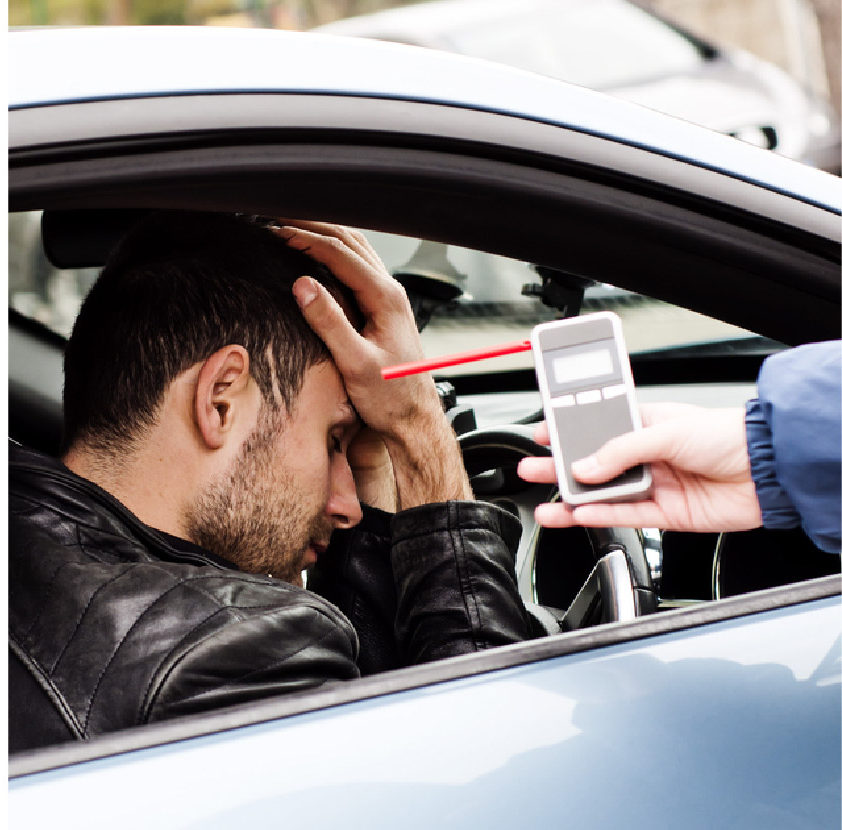
You may think that if you were arrested at the roadside after producing a positive breath test and then went on to the Police Station where positive tests for alcohol, showed a reading of 2½ times the legal limit, the inevitable result would be a conviction. However in another case, where the reading was exactly that, our client was acquitted on the basis that the procedure for obtaining specimens had not been followed correctly by the Police.
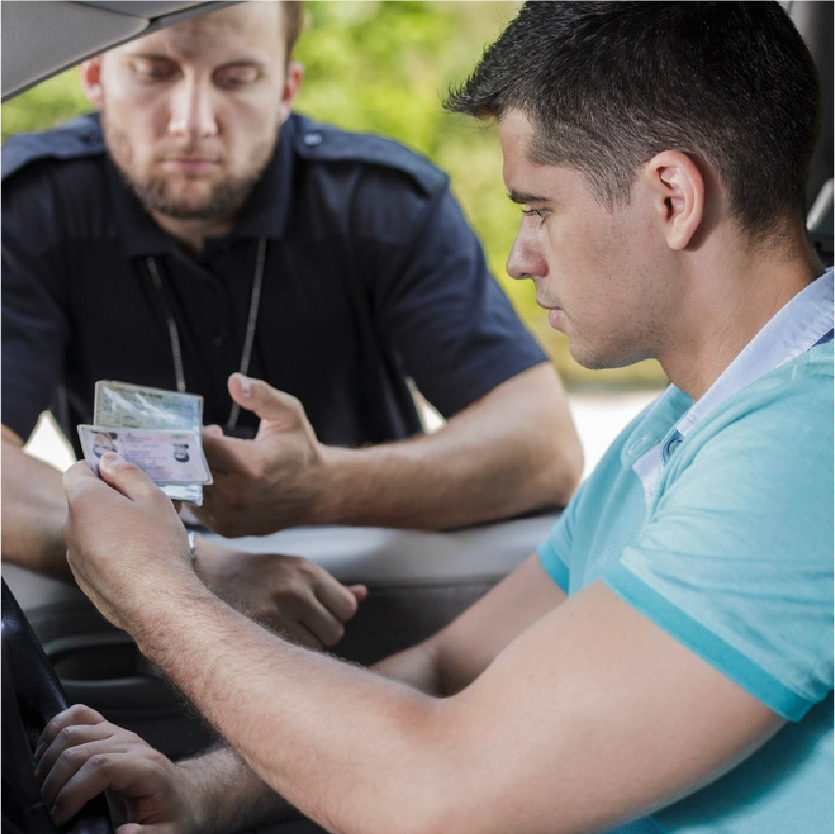
Our client gave evidence to confirm that due to difficulties with his post, the notices were not received and so he could not possibly respond and give information. This was accepted and our client was acquitted.
The offence of failing to provide information about who was driving a motor vehicle is a fast growing area of law resulting from the enormous spread of cameras now covering many of Britain's roads. Often vehicle owners are unclear as to how to proceed as they may be unable to identify the driver on a particular day or time, especially in a family or company environment. Our success rate in this type of matter is extraordinarily high.
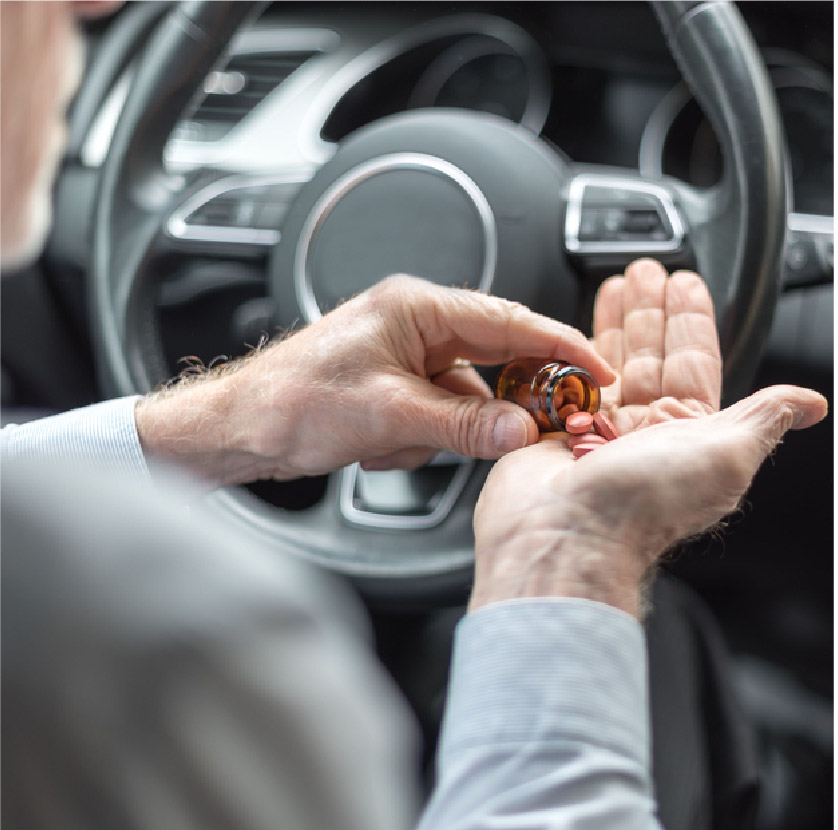
Our client is clearly seen on CCTV snorting a white substance and driving. Due to a procedural error, where incorrect questions were asked, the toxicology report was argued to be inadmissible leaving no evidence of drugs. The case had to be withdrawn and client acquitted.
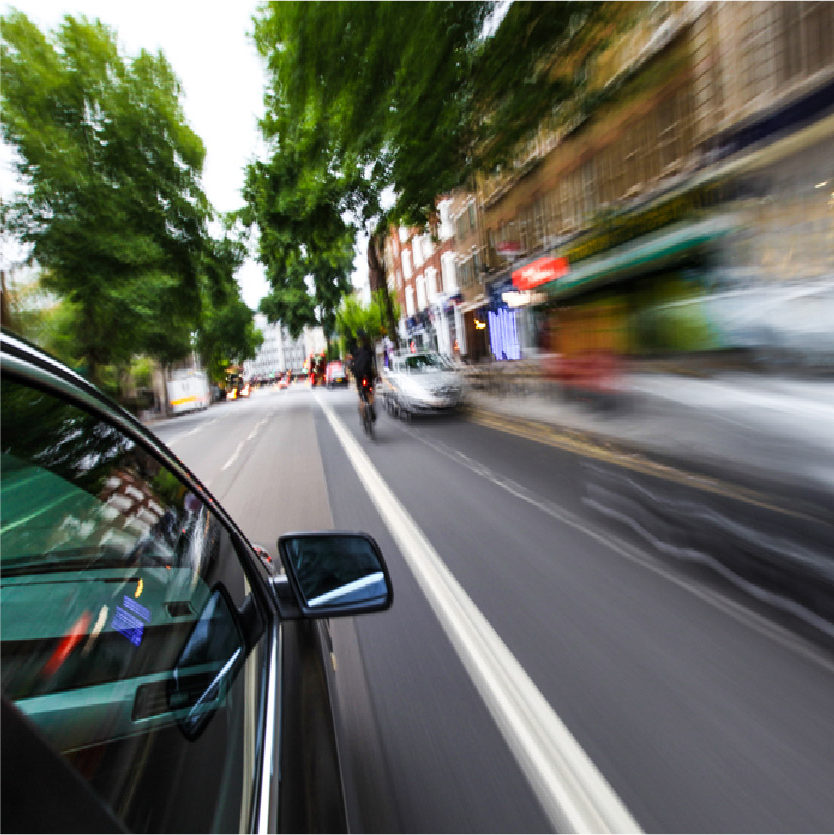
Drivers alleged to have been drunk in charge often wait too long to contact their lawyer and mistakenly give damaging admissions in interviews. A recent case could have been prevented in which admissions of the quantity of alcohol that had been consumed were made by a driver. However, when breaches of the Police and Criminal Evidence Act were admitted by the Police, the interview admissions were excluded and as a result the defendant was not disqualified from driving.
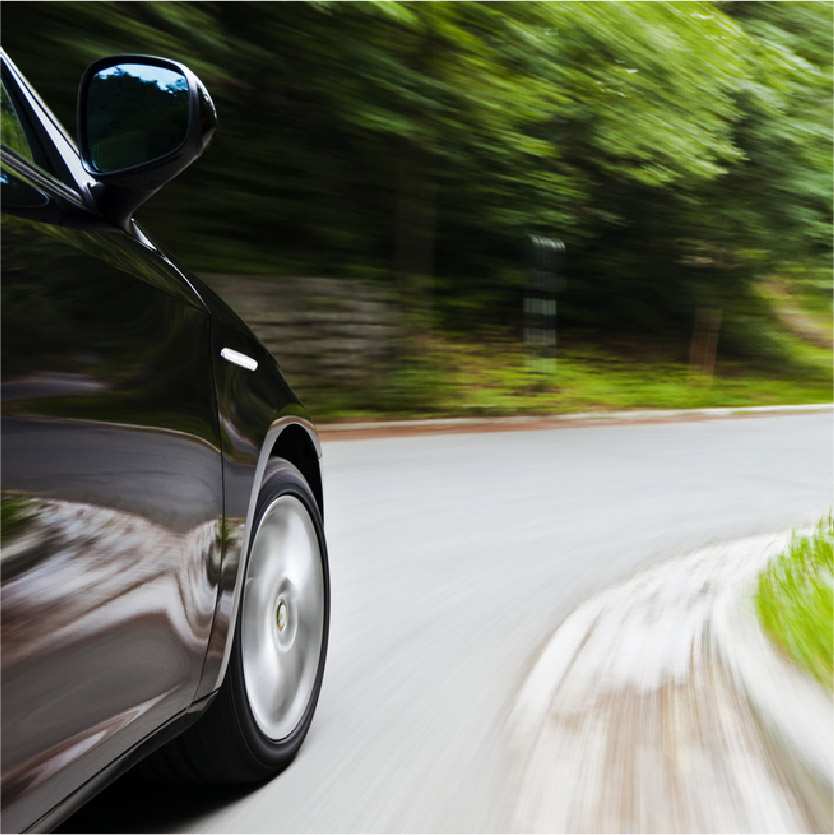
It is perhaps little known that overtaking across solid double white line markings in the middle of the highway can lead to a charge of dangerous driving which would result in a 12 month disqualification. However in a case we defended, the Prosecution were unable to establish that the line marking was complete and visible at the time of the alleged offence. On this basis the defendant was successfully acquitted.
In the vast majority of cases, clients are successfully defended, and may also receive a part of their costs from the court.
We’re here to help you when you’re accused of a driving offence.
